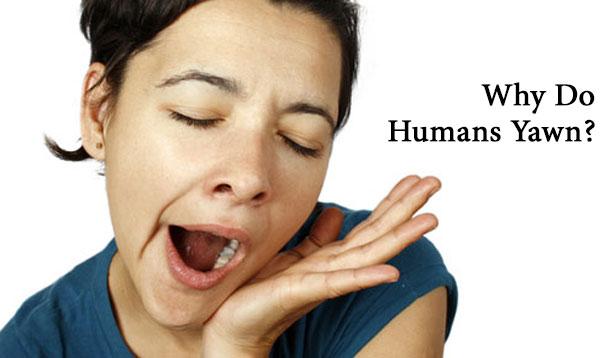8 Uncontrollable Body Quirks Revealed! You Could Be Any of These
Few sensations feel as weird as when your body decides to do its own thing. Muscle twitches, hiccups, and bloody noses out of the blue can make you wonder exactly who's in charge. Here, the reasons behind some of the strangest body behaviors—and when you should see a doc.
1. Random sharp pains
You're minding your own business when suddenly it feels as if someone's stuck you with a pin. Then the feeling goes away, never to return. It's the hypochondriac's muse. Sharp pains that last for a second or two then go away are something we all experience from time to time and are usually benign. If the pain returns or increases in intensity, it's best to see a doctor.
2. Hiccups that make it hard to talk
Chewing gum, drinking soda, and eating to excess can all trigger hiccups. What happens is that muscles in your upper chest suddenly contract and you take in air, then your voice box closes, creating the "hic" sound. Most hiccups go away on their own or after drinking a glass of water. They're usually harmless, unless they don't go away, which signals a condition called 'intractable hiccups,' which is rare. See a doctor if this happens. Otherwise deep, slow breathing to relax the muscles should help.
3. Jerking awake just as you start to fall asleep
You're just dozing off when bam! You wake up suddenly. Called "hypnagogic or hypnic jerks," the sensation results from sudden brief muscle contractions and affects up to 70% of the population. These occur as the brain transitions the body from wakefulness to sleep. Hypnic jerks can happen when you're sleep deprived or stressed. They're usually not anything to worry about unless they occur frequently, which requires further investigation.
4. Yawning when someone else yawns
Yawning when you see another person yawn (or even when you read this paragraph about yawning) is common and is not linked to tiredness or energy levels. Interestingly, contagious yawning decreased with age but did not appear to link to empathy or time of day, as previously believed.
5. Your nose bleeding out of nowhere
Nosebleeds are usually scarier than the root cause. They typically occur because of dry nasal passages (like on airplanes) or picking your nose. Irritation due to allergies, cold, sneezing, blowing your nose too hard or overuse of decongestant nasal sprays can also trigger a nosebleed, since small blood vessels in the nose bleed when irritated. To halt the flow, keep your head forward, and squeeze just below the bony part of your nose and hold for 10 minutes before checking to see if the bleeding has stopped. If it doesn't stop within an hour, go to an emergency clinic.
6. Sneezing in bright light
If looking at light reflecting off snow makes you sneeze, you've experienced a photic sneeze reflex. This occurs when wires in the brain are crossed. The trigeminal nerve is responsible for sensation of the eye as well as the nose, but through different branches. In the case of a photic sneeze reflex the light is mistaken by the brain as an irritant to the nose. A genetic trait, most people with photic reflex sneeze one to three times in succession, but it can be up to 40!
7. Feeling "twitchy"
A rapid muscle twitch in your arm or leg—or even your eyelid—is quite common and not anything to worry about. Caused by minor muscle contractions in one area, most go unnoticed. Lack of sleep, stress, exercise, and anxiety can worsen or trigger twitches, but they usually go away after a couple days. They can also be a sign of an autoimmune disease or a side effect of a medication such as an antidepressant or estrogen. See a doctor if the twitching persists or is accompanied by muscle weakness.
8. Walking in your sleep
Medically known as somnambulism, sleepwalking may seem harmless and even humorous, but it's one of the leading causes of sleep-related injury. Episodes can last from a few seconds to longer than a half hour and are usually characterized by unresponsiveness to the environment, mental confusion, and varying degrees of amnesia following the event or the next morning. Seizures and other complex disorders such as REM-sleep disorders can cause similar symptoms, therefore it's important to seek the help of a sleep specialist or medical professional.
Source: Prevention



